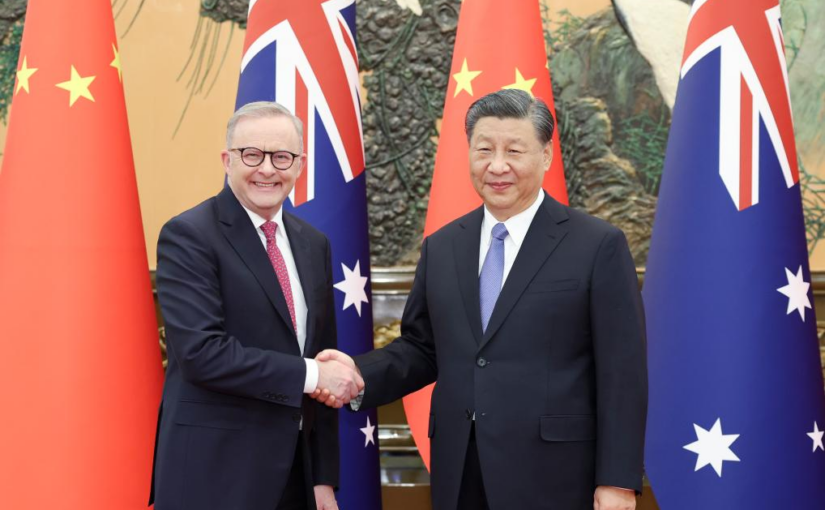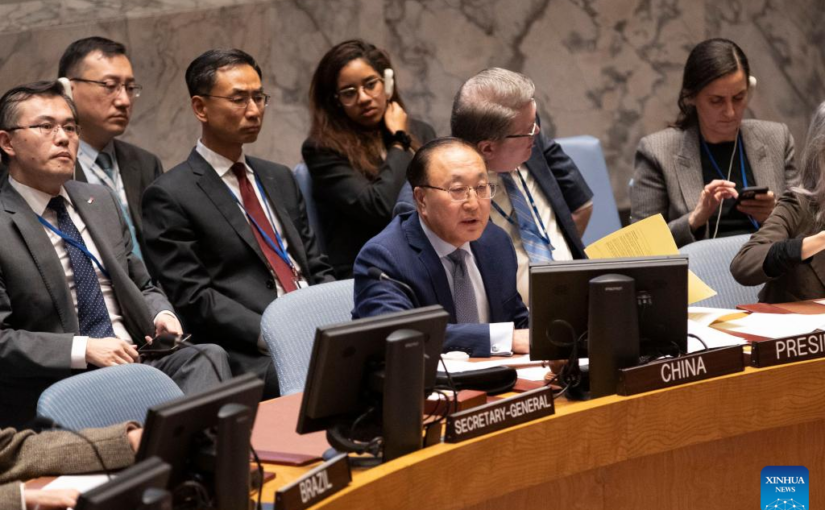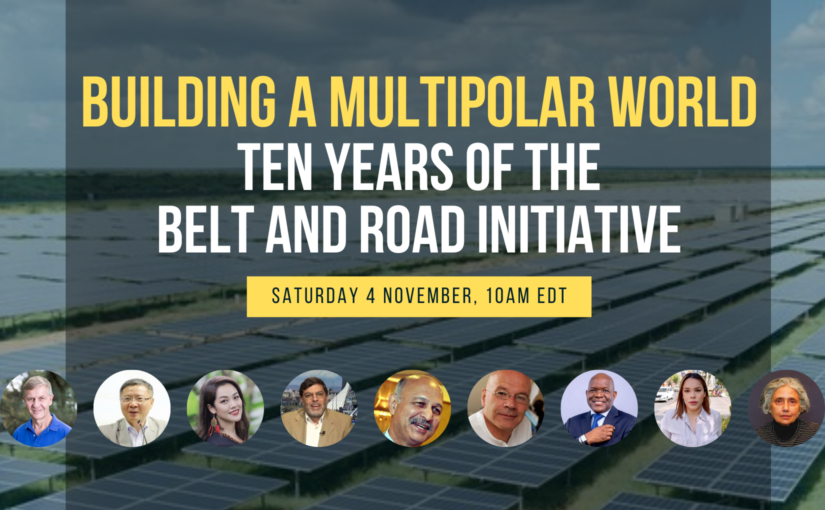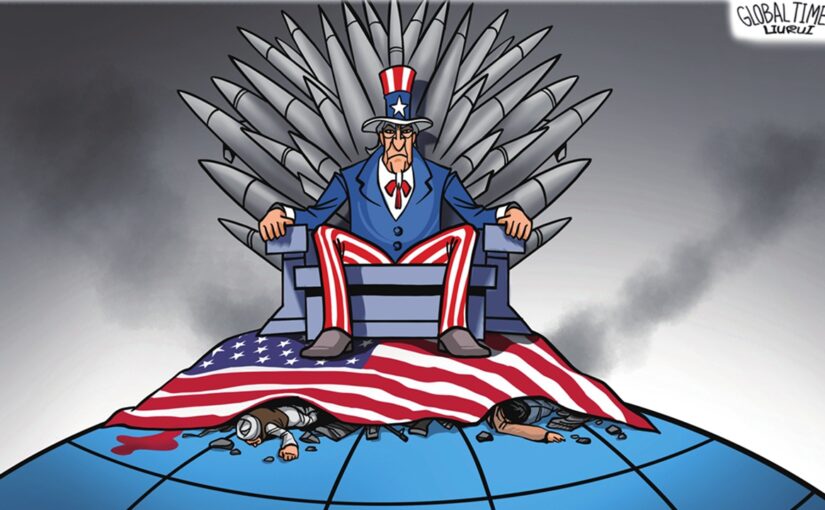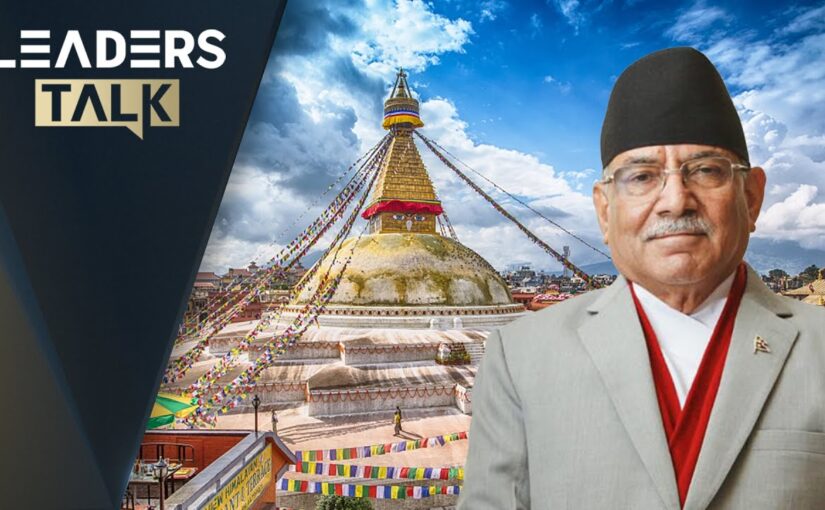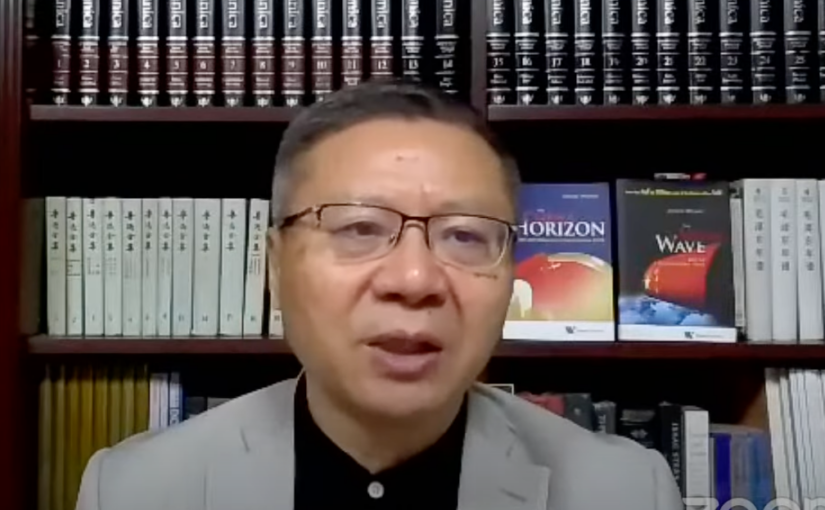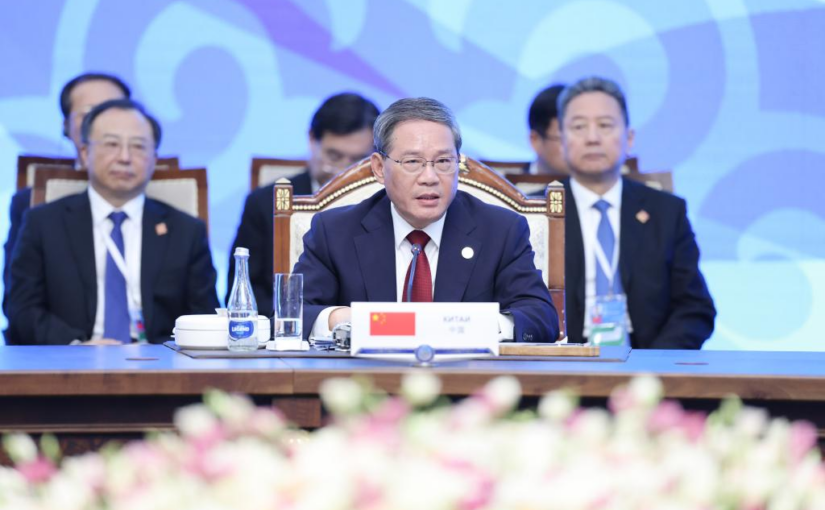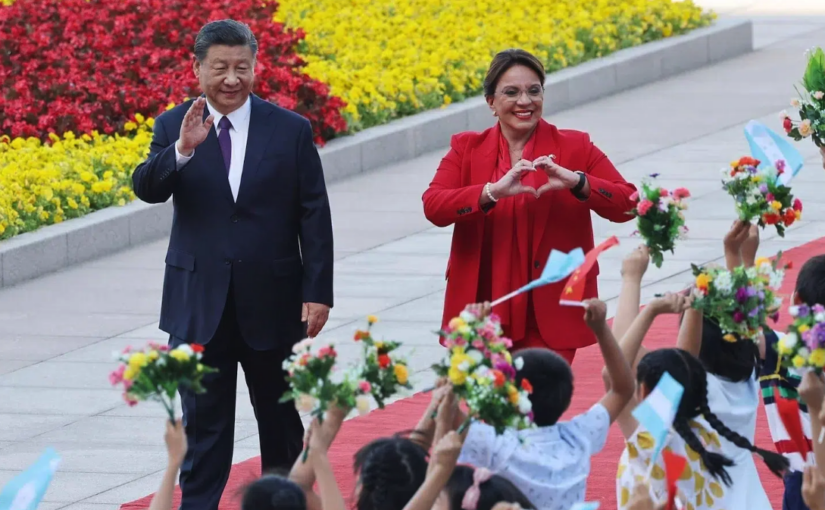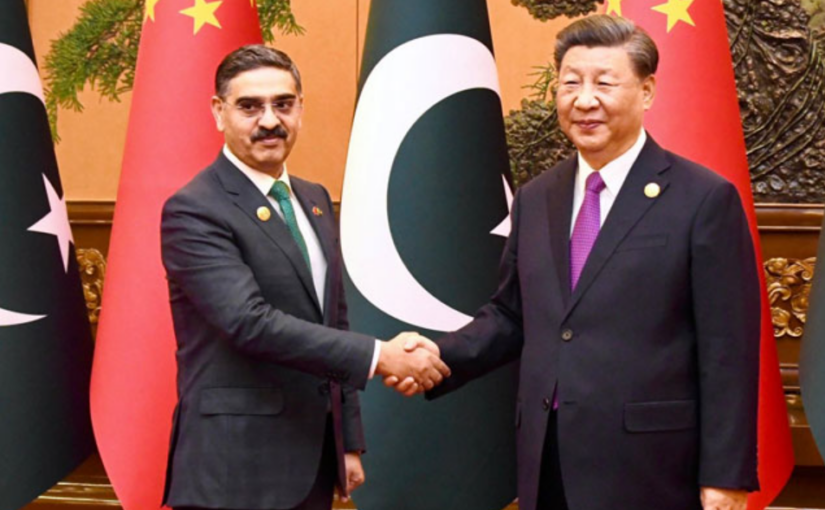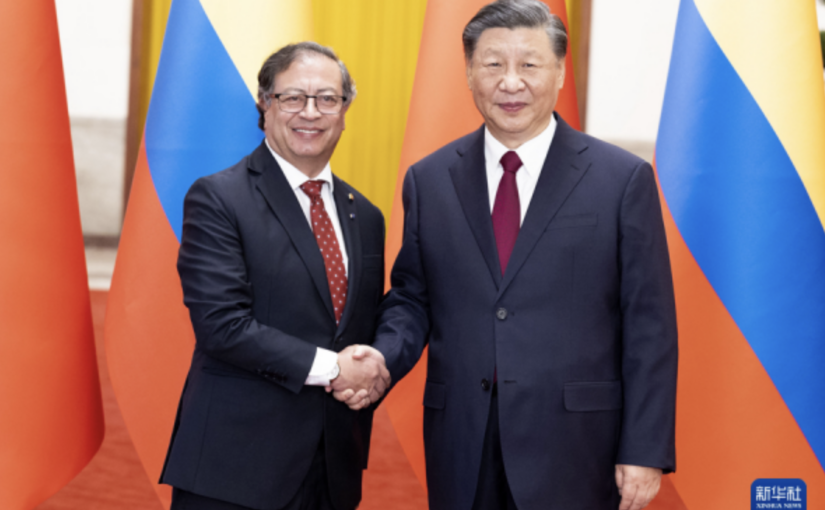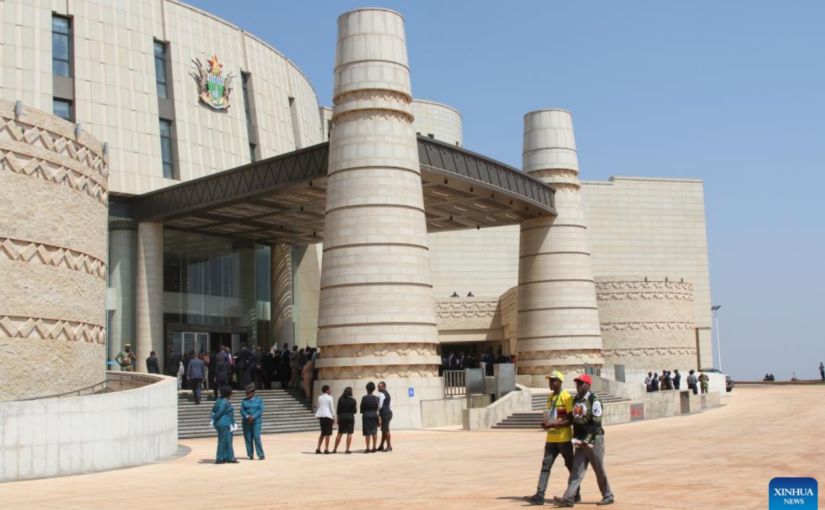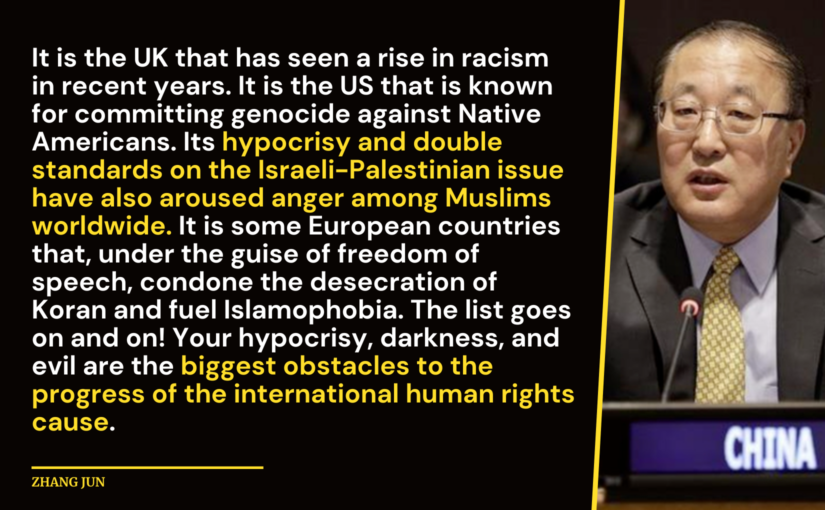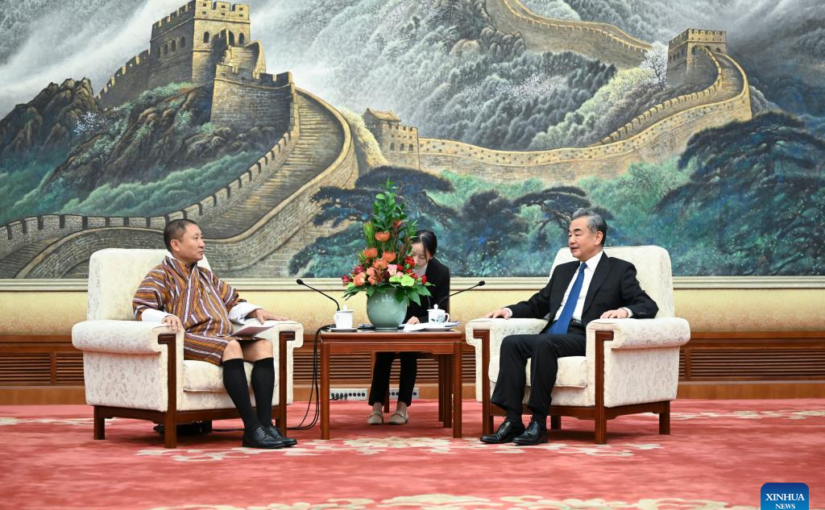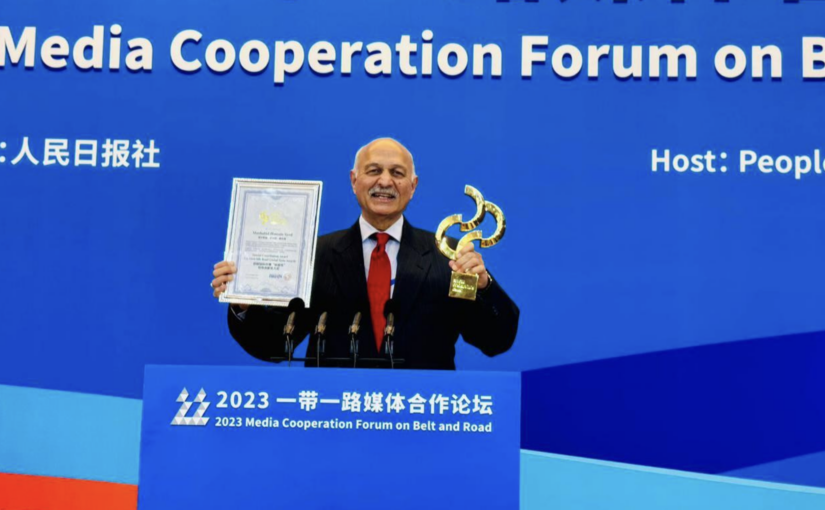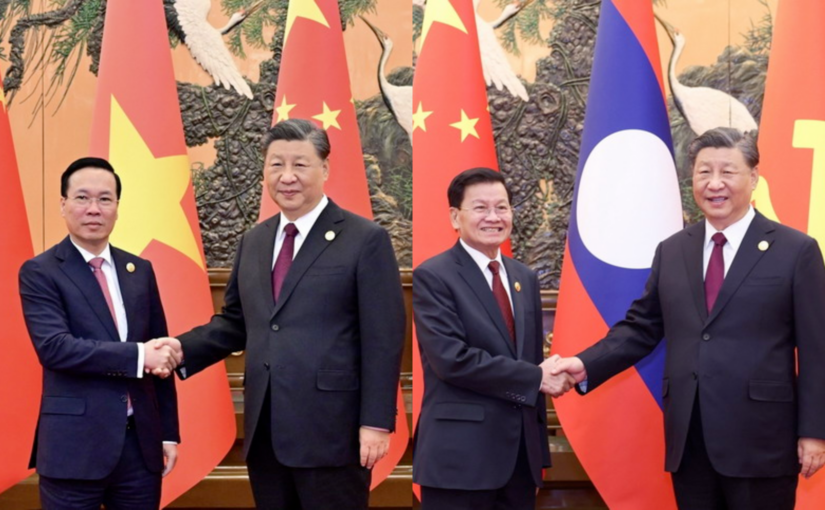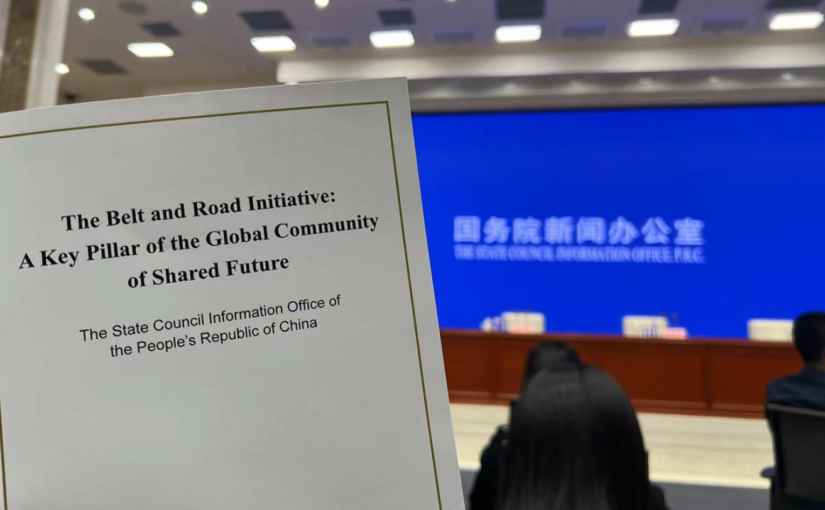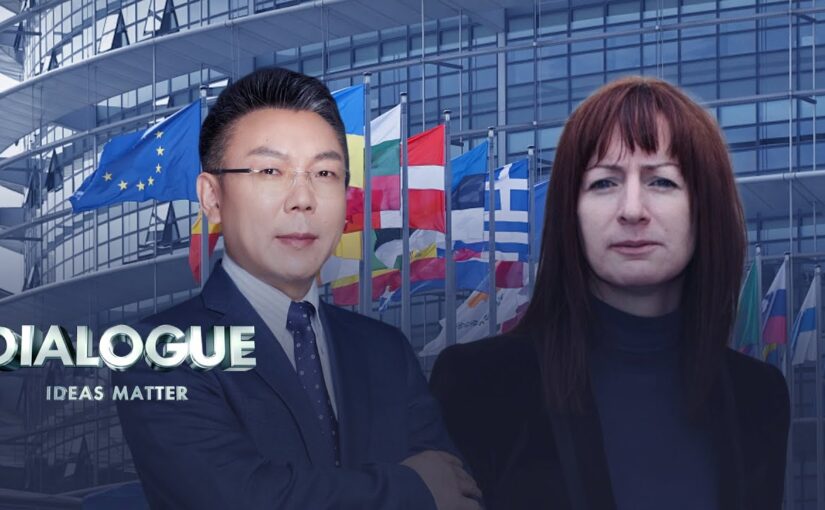Relations between China and Australia took a major step towards a return to normality with a November 4-7 visit by Prime Minister Anthony Albanese at the invitation of his Chinese counterpart Li Qiang. The visit ended the effective freeze on high-level exchanges between the two countries, as a result of the adoption of anti-China policies by right-wing governments in Canberra, and follows the return to office of the Australian Labor Party, led by Albanese, in the May 2022 general election.
Meeting Prime Minister Albanese on November 6, Chinese President Xi Jinping said that China and Australia have embarked on the right path of improving relations. He noted:
“This year marks the 50th anniversary of the visit by Australian Prime Minister Gough Whitlam. Your visit is a journey to retrace history and plan for the future. Thanks to the joint efforts of both sides, China and Australia have resumed exchanges in various fields and embarked on the right path of improving relations.”
Xi said China and Australia are both Asia-Pacific countries and important members of the G20, with no historical grievances or fundamental conflicts of interest, but every reason to be partners of mutual trust and mutual achievement, calling on the two sides to keep to the right direction of bilateral relations amid the profound changes in the world.
In the stormy waters of the global crisis, countries are not riding on more than 190 small boats, but instead on a big boat with a common destiny, he added.
China and Australia should follow the trend of the times, proceed from the common interests of the two countries, pursue a bilateral relationship that features treating each other on an equal footing, seeking common ground while shelving differences and mutually beneficial cooperation.
In remarks that might be taken as an oblique reference to Australia’s participation in the Quadrilateral Security Dialogue, or Quad, along with the United States, Japan and India, and the AUKUS nuclear submarine deal with the United States and Britain, Xi said that in the Asia-Pacific region, China does not engage in exclusive cliques, bloc politics, or camp confrontation. Small cliques can neither solve the major challenges facing the world nor adapt to the drastic changes in today’s world. He urged vigilance against and opposition to those attempts to throw the region into chaos.
Prime Minister Albanese said it was a great honor to pay an official visit to China on this historic occasion of the 50th anniversary of Mr. Whitlam’s visit to China. In recent years, China has made remarkable achievements in poverty alleviation and development. Australia and the world have benefited significantly from China’s long-term, stable, and sustained development.
Albanese said the two sides should respect each other, be equal and benefit each other, stay in communication, enhance understanding and cooperation, and achieve win-win results. He said the Chinese people have the right to development, and he is always optimistic about China’s economy.
As Australia and China have different political systems, it is normal for differences to occur, but they should not be allowed to define the relationship. Australia and China share extensive common interests, and dialogue and cooperation is the right choice, he said.
He added that Australia adheres to the one-China policy and stands ready to work with China to promote the steady development of bilateral relations.
A joint statement agreed by the two nations likewise noted that Albanese had undertaken an “official visit to China from November 4 to 7, 2023, to mark the 50th anniversary of the first visit to China by an Australian Prime Minister, the Hon. Edward Gough Whitlam.”
Both sides welcomed the successful recommencement of the Annual Leaders’ Meeting between Premier Li and Prime Minister Albanese.
They reaffirmed their support for their Comprehensive Strategic Partnership and reiterated the importance of a stable, constructive bilateral relationship. The two sides reiterated the importance of the 1972 Joint Communique on the Establishment of Diplomatic Relations between the People’s Republic of China and Australia and restated their commitment to their respective national policies and positions contained therein, including mutual respect, equality, mutual benefit, stable development, and Australia’s commitment to its one-China Policy. They agreed that both nations could grow the bilateral relationship and uphold their respective national interests if they navigated their differences wisely.
While Prime Minister Albanese’s visit does not resolve all the issues complicating the relations between Australia and China, and does not represent a fundamental shift on the part of Canberra, it nevertheless represents a noteworthy step forward and a not insignificant breach in the united front of the Anglo-Saxon imperialist powers (or ‘Five Eyes’) against China. This finds symbolic reflection in Australia’s agreement to China’s preferred choice of framing the visit around the 50th anniversary of the first ever visit of an Australian Prime Minister.
Gough Whitlam, who remains a highly respected figure in China, was the longest-serving leader of the Australian Labor Party and served as Australia’s Prime Minister from December 1972 to November 1975. Whitlam established diplomatic relations with the People’s Republic of China within three weeks of his becoming Prime Minister. He also withdrew Australian troops from the Vietnam War and ended military conscription, established diplomatic relations with the Democratic People’s Republic of Korea, ended Australian colonial rule in Papua New Guinea, began the process of land reform for the First Nations (granting the first set of title deeds to lands to the Gurindji people), and introduced universal health care and free university education.
His policies earned him the ire not only of the Australian right wing but also of the British and US imperialists, with the latter especially fearing for the future of their Pine Gap spy base and surveillance centre, after Whitlam learned that he had been deceived as to its true purpose. As a result, he was removed from office in a constitutional coup fronted by Governor-General Sir John Kerr, but with the active involvement of the Nixon-Kissinger administration in the US, the CIA, Britain’s MI6, and key figures in Buckingham Palace, including the present monarch, Charles III.
And whilst it is the anniversary of Whitlam’s China visit as Prime Minister that is presently being marked, one reason why he was able to move towards the establishment of diplomatic relations with China with such rapidity is that, previously, in July 1971, he had already visited the country at the head of an Australian Labor Party delegation, which was also joined by political advisers, China specialists and journalists. This trip, during which he met with Premier Zhou Enlai (he was also to meet with Chairman Mao Zedong on his 1973 visit), was also criticised in some quarters for its potential negative impact on Australia’s relations with the United States. However, it later became known that just as Whitlam’s delegation was leaving Beijing, US National Security Adviser, Henry Kissinger, was arriving to arrange President Nixon’s own visit to China, which took place in February 1972.
The following articles were originally published by the Xinhua News Agency and by the Whitlam Institute, which is housed within Western Sydney University.
China, Australia embark on right path of improving ties: Xi
BEIJING, Nov. 6 (Xinhua) — Chinese President Xi Jinping met with Australian Prime Minister Anthony Albanese in Beijing on Monday, saying China and Australia have embarked on the right path of improving relations.
“This year marks the 50th anniversary of the visit by Australian Prime Minister Gough Whitlam. Your visit is a journey to retrace history and plan for the future. Thanks to the joint efforts of both sides, China and Australia have resumed exchanges in various fields and embarked on the right path of improving relations,” Xi told Albanese.
Xi said China and Australia are both Asia-Pacific countries and important members of the G20, with no historical grievances or fundamental conflicts of interest, but every reason to be partners of mutual trust and mutual achievement, calling on the two sides to keep to the right direction of bilateral relations amid the profound changes in the world.
From the perspective of self-interest, the world is small and crowded, with risks and competition all the time. From the perspective of shared destiny, the world is vast and broad, with opportunities and cooperation everywhere. In the stormy waters of the global crisis, countries are not riding on more than 190 small boats, but instead on a big boat with a common destiny, Xi said.
China and Australia should follow the trend of the times, proceed from the common interests of the two countries, pursue a bilateral relationship that features treating each other on an equal footing, seeking common ground while shelving differences and mutually beneficial cooperation, and push forward the China-Australia comprehensive strategic partnership, Xi said.
This serves the common interests of the two countries and peoples, meets the common expectations of countries in the region, and helps the international community better respond to the risks and challenges brought about by the changes unseen in a century, Xi said.
Xi stressed that at present, the global economy is facing increasingly destabilizing, uncertain, and unpredictable factors, and the economies of all countries are facing considerable challenges. In the face of a complex external environment, the Chinese economy has withstood pressure, stabilized its size, and improved its quality.
“China’s development still has a sound foundation and many favorable conditions. With its steady development, China will bring valuable certainty to the uncertain world economy. China cannot develop in isolation from the world, and the world needs China for its development,” Xi said.
Continue reading China-Australia relations take major step towards a return to normality